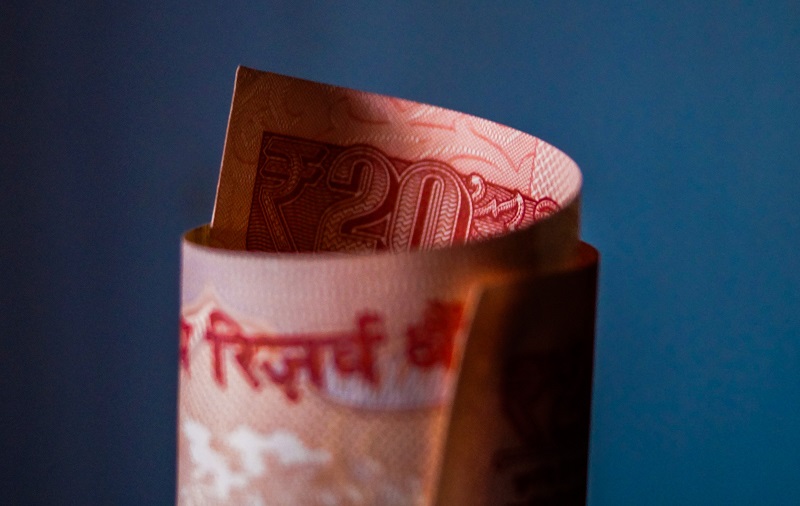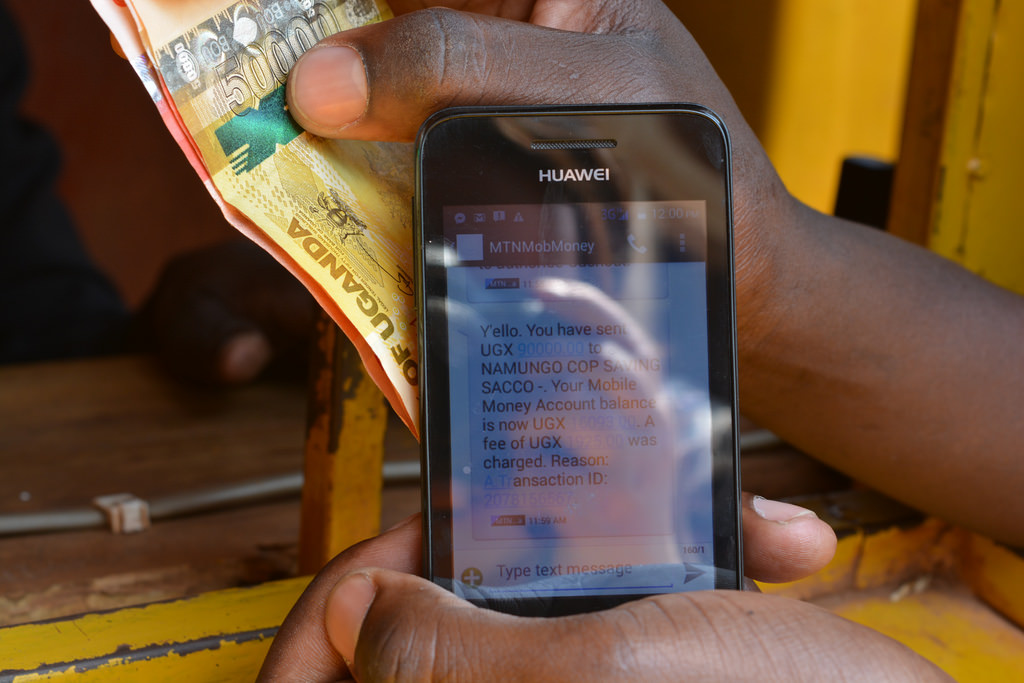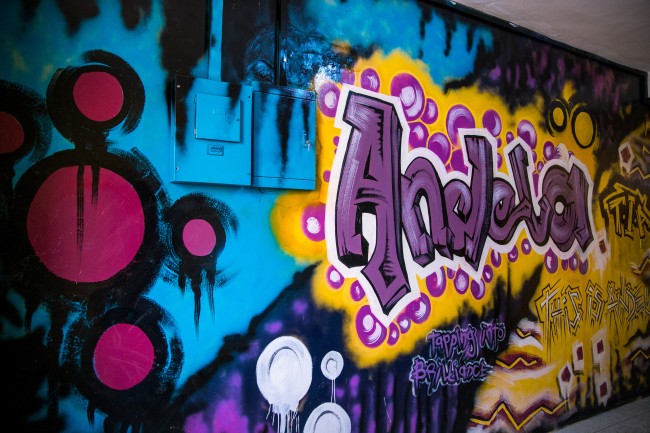Editor’s note: This article was contributed by Finbarrs Oketunji and was first published on his Medium. You might also want to catch up on the Linda Ikeji domain squatting and copyright saga.
1. What is Domain Squatting?
Domain squatting can be simply defined as a process of buying a domain name with a bad intention to earn huge profits out of its direct or indirect usage in any way. Initially, you check the availability of domain names which include a business name, brand name, trademark name, company name and/or personal name. In the current business environment, domain names are considered valuable assets in the world of Internet.
In case, it is available for registration, you can go ahead and buy the domain name with an intention to sell it later at a premium price to the respective brand or trademark owner. The practice of domain squatting is not new. Although, nowadays, we have a legal course of action to fight against the menace of this illegal practice as declared by many States and Countries across the globe.
2. Why domain squatting is declared an illegal activity?
Domain squatting is also known as cybersquatting. The concept of domain squatting is quite similar to the concept of buying a piece of land or building, which is currently valued at a low price, but holds a strong potential of price rise in the near future. Although, buying a domain name and buying a real estate property are fundamentally two different concepts due to which the former is considered as an illegal practice and is punishable under certain laws, while the later is considered as a legal practice and is considered as an investment opportunity.
While buying a domain name, you are trying to block the trademark or a rightful brand owner from legibly using their respective domain name to increase their brand/trademark visibility in the world of Internet. In the eyes of law, the act of buying and holding a domain name to sell it at a higher price is equivalent to holding a property or person with an objective to raise ransom against the holding of the respective domain name. Also, the domain squatters who fail to prove the right intention to hold a domain name are considered guilty of domain squatting.
3. Why do people get into domain squatting?
Domain squatting practice started when Internet was not as popular as it is today. Most of the businesses, brand and trademark owners did not realized the value of their domain names. They never took an effort to own their company’s or brand’s domain name. Some intelligent technosavy souls who had the long term vision about the growth of Internet anticipated the value of these domain names and they legally registered these domain names under their own names. Later on, when the popularity of the Internet increased and companies wanted to buy their trademark or brand name domains, it was offered for sale by domain squatters at a high premium price.
The basic objective of domain squatting was/is to make huge money out of the buying/selling activities of these domain names. Domain squatters make low investment in buying and holding back these premium domain names. They wait for the right time of domain maturity so that the domains can be sold at high prices to their respective brand owners and/or trademark owners to make huge money out of the domain transfer deal.
4. Expired Domain Names are Also Prone to Domain Squatting
As we know domain names are not sold permanently to anyone, rather the domain names are registered on a yearly lease to the registrants and requires yearly renewal by the domain name owners to continue using the domain names. The domain registrants are supposed to renew their domain name(s) on a yearly basis without any failure. Failure to renew a domain name can lead to expiration and the domain is made available for sale to other interested parties waiting in the queue.
Even the option of back order bidding is also available and people are allowed to backorder a domain, in case the domain owner failed or forgot to renew the domain. The registration of the domain name is passed on to the highest valued bidders in the back order list. People interested in domain squatting keep an eye on some of the popular and high trafficked domain names. Whenever a domain name owner forgets to renew the domain, domain squatters purchase the expired domain name with an intention to sell it back at a premium price to the previous domain owner.
Some of the domain squatters also place highly competitive ads on these domain names to make the money out of the popularity and the traffic movement on these domains. In general, whatever may be the use of the domain name, the root cause behind domain squatting is to make money out of the entire activity.
4. High Profile Domain Squatting Cases
Many celebrities in past have fallen prey to domain squatters. Some of the most popular names in the list of high profile domain squatting cases include madonna.com, juliaroberts.com, sheryl-crow.com, barry-manilow.com, woody-allen.com, mirandakerr.com.au and many more.
Not only celebrity names, rather companies and personal names are also prone to falling prey to domain squatting. Panasonic, Hertz and Avon and Fry’s Electronics are some other high profile domain squatting cases. The list is quite long and it would not be feasible for me to list out all the domain names that have fallen prey to domain squatting till date.
5. How countries protect Brands against domain squatting?
Most of the Countries and States have passed legislations to protect brand names, company names, trademarks and personal names against the clutches of domain squatters. Domain squatting is declared illegal and is considered a criminal activity subject to legal proceedings in the court against domain squatters, along with imposing heavy financial penalty against the squatters who are found guilty of domain squatting.
Although, it may be difficult for the complainant to prove that the domain name was registered with some bad faith in order to make huge money from selling it back to the plaintiff. Most of the things are born with dual nature and domain squatting is no exception. In certain cases, the legislations passed to protect rightful brand owners have even been subjected to misuse by certain parties in the name of trademark. A high profile reverse domain hijacking case was when a company named Heathrow Land Development tried to acquire heathrow.com from the rightful domain owner who had registered the domain name with good intention.
The company tried to use legal course of action by pleading that their trademark was used in the domain name, thus they have legal rights to own back the domain name. Another high profile case that failed to win is sting.com. The representative lawyers of singer Sting failed to prove that the domain name sting.com was registered by some other person with bad faith and an intention to make huge profits, although it has to be proved in order to make your claim on a brand domain name fallen victim to domain squatting.
6. How to reclaim a squatted domain
Reclaiming the rightful ownership of a domain name implying the use of a trademark, brand name, company name or a personal name can be initiated in a Court of State or Country, where the plaintiff is resident. Although, in order to ease out the process of reclaiming the domain name ownership, Uniform Domain-Name Dispute-Resolution Policy, abbreviated as UDRP is laid down by the Internet Corporation for the Assigned Names and Numbers (ICANN) in the year 1999. World Intellectual Property Organization (WIPO), which is a United Nations copyright agency also came forward to define the arbitration procedure as well as to manage domain name dispute procedures.
It is important to understand that claiming and getting the rightful ownership of a domain name is not as easy as it may sound. The existing owner (maybe a domain squatter) will also use his/her best efforts to prove that the domain name was registered without any bad intention or bad-faith. It will be the sole responsibility of the complainant to prove that the person holding the domain name is a domain squatter. It will also be required to prove that the domain squatter has registered the domain name with an intention to sell it back to the complainant at an inflated price, which must be over and above the documented price. Moreover, the domain name must not depict any intrinsic value to its rightful registrant.
Many countries have also laid down their individual Country and/or State laws overriding the rules of ICANN. An example of a case where actor Kevin Spacey filed a case to reclaim the domain name kevinspacey.com from its domain squatter is worth the mention. The case was filed in US District Court, California but the Judge guided him to file the case in the registrant’s country, which was Canada. Later on, Kevin Spacey won the case and got back the rightful ownership of domain name kevinspacey.com with the help of National Arbitration Forum.
Australia has gone a step ahead to fight domain squatting by making it legally documented for anyone to register a second level domain name such as .com.au. Similarly, Canada has also made some strict provisions and documentation as necessary for a Canadian citizen to register a country level domain name such as .ca.
What does it cost to reclaim a squatted domain?
Claiming your trademark named or brand named domain from a domain squatter may need your time and money to hire the services of legal representatives with a high proficiency to deal domain squatting cases. It may also be a good idea for you to get in touch with the domain squatter before going ahead to take any legal course of action.
Analysing the cost of expenditure in terms of either buying it back from the domain squatter and taking legal course of action under the guidelines laid down by UDRP policy may help you make an informed decision to save money. Moreover, it is quite important to discuss your individual domain squatting case with an experienced lawyer who is experienced in dealing such cases in order to understand the probability of winning the case.
Conclusion
It is imperative that companies, brands or trademark owners register their company, personal or trademark domain names as soon as the idea of a new business crawls into their mind. Delaying the domain registration process may let you fall victim in the hands of domain squatter.
Although, if you are already a victim to domain squatting then it is highly recommended to take legal course of action under the guidance of expert lawyers, or try to establish a communication with the domain squatter and discuss your intention about claiming your branded domain name. In case, if the talk fails then you have no other choice than to start the arbitration procedure to claim the squatted domain in your own name.
Photo Credit: giulia.forsythe via Compfight cc





















